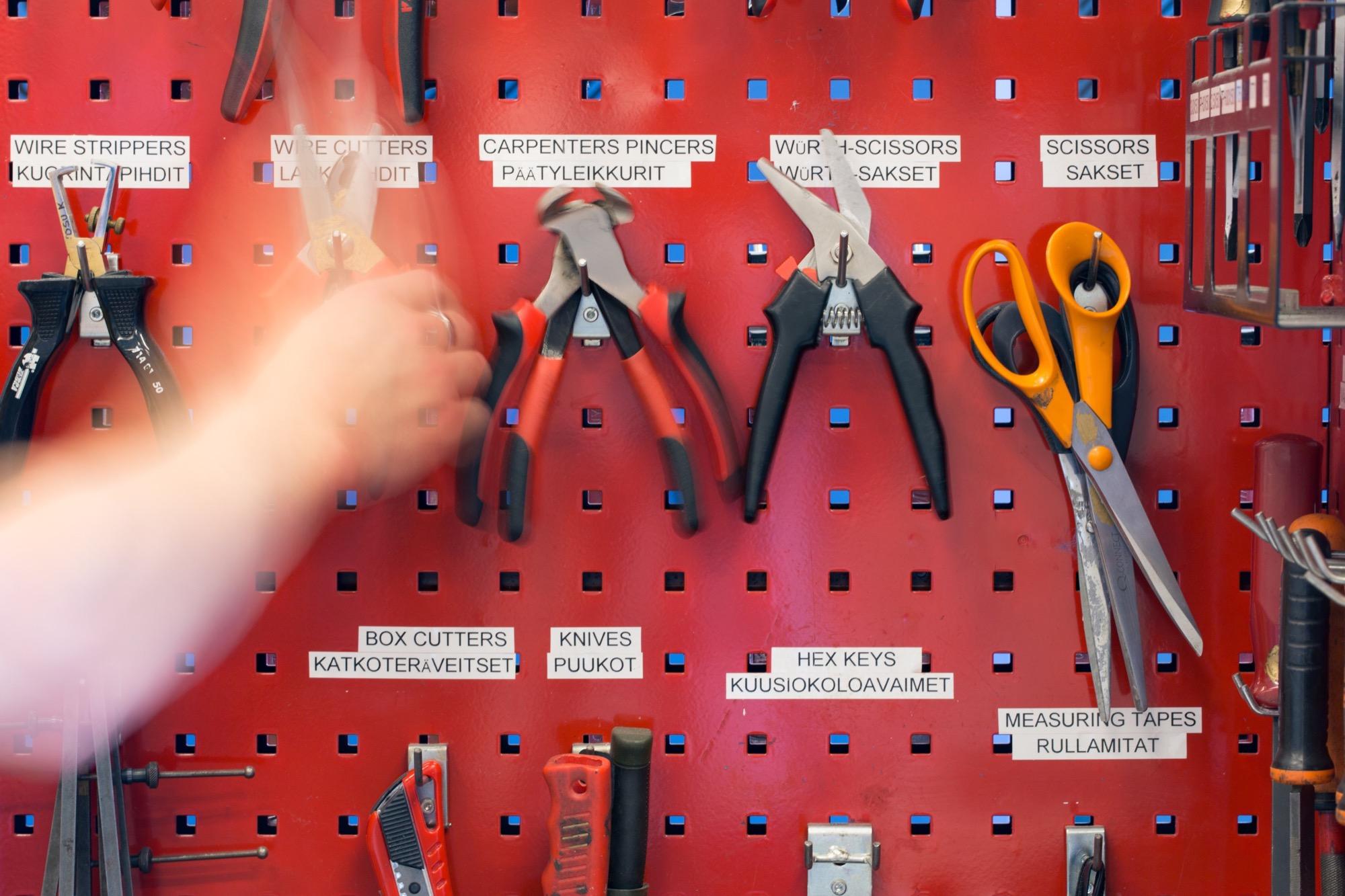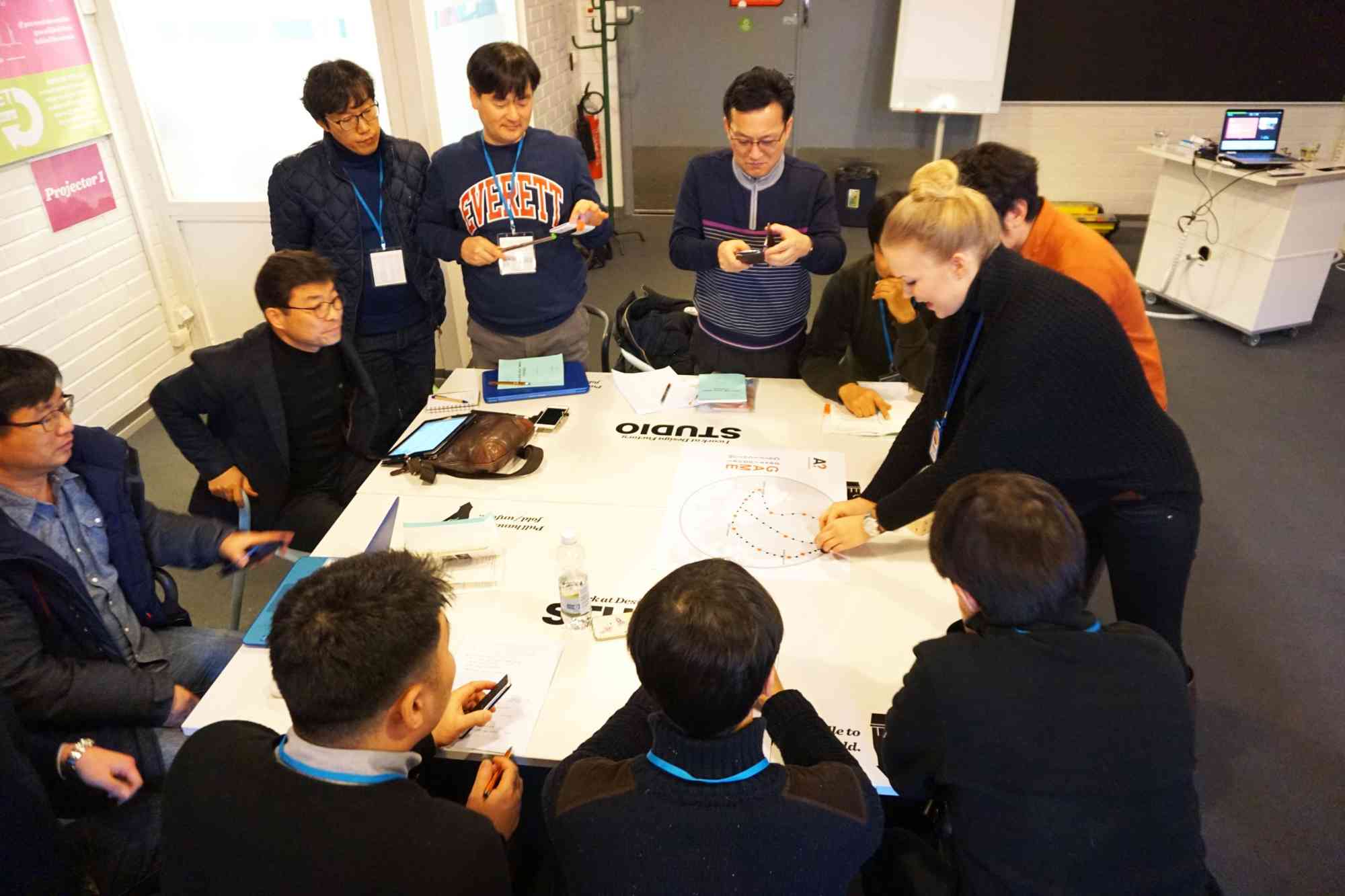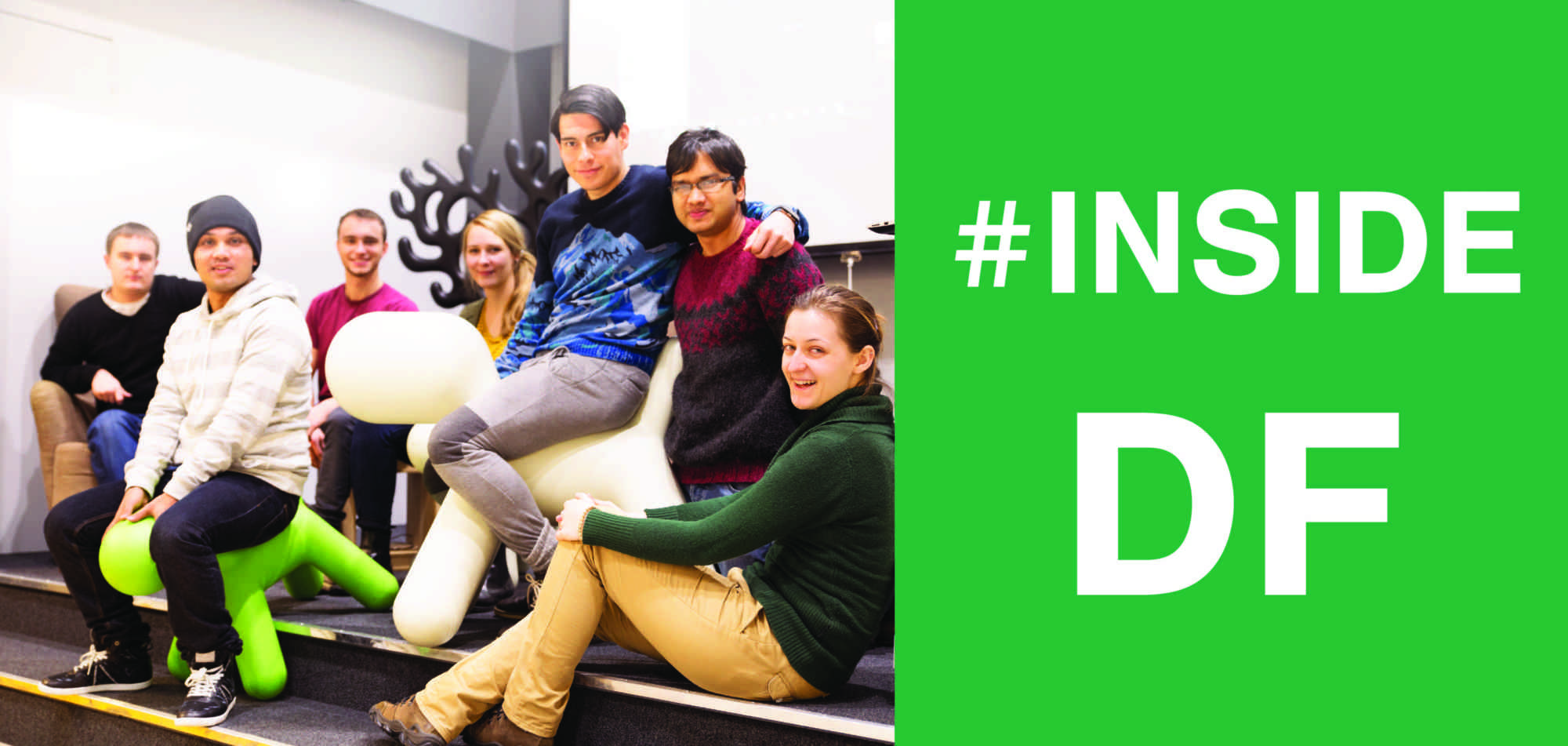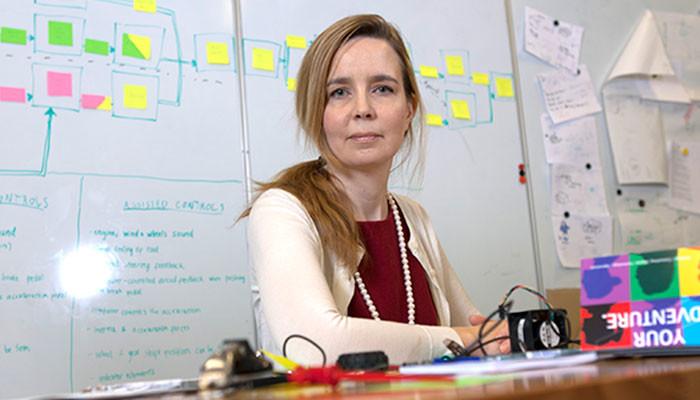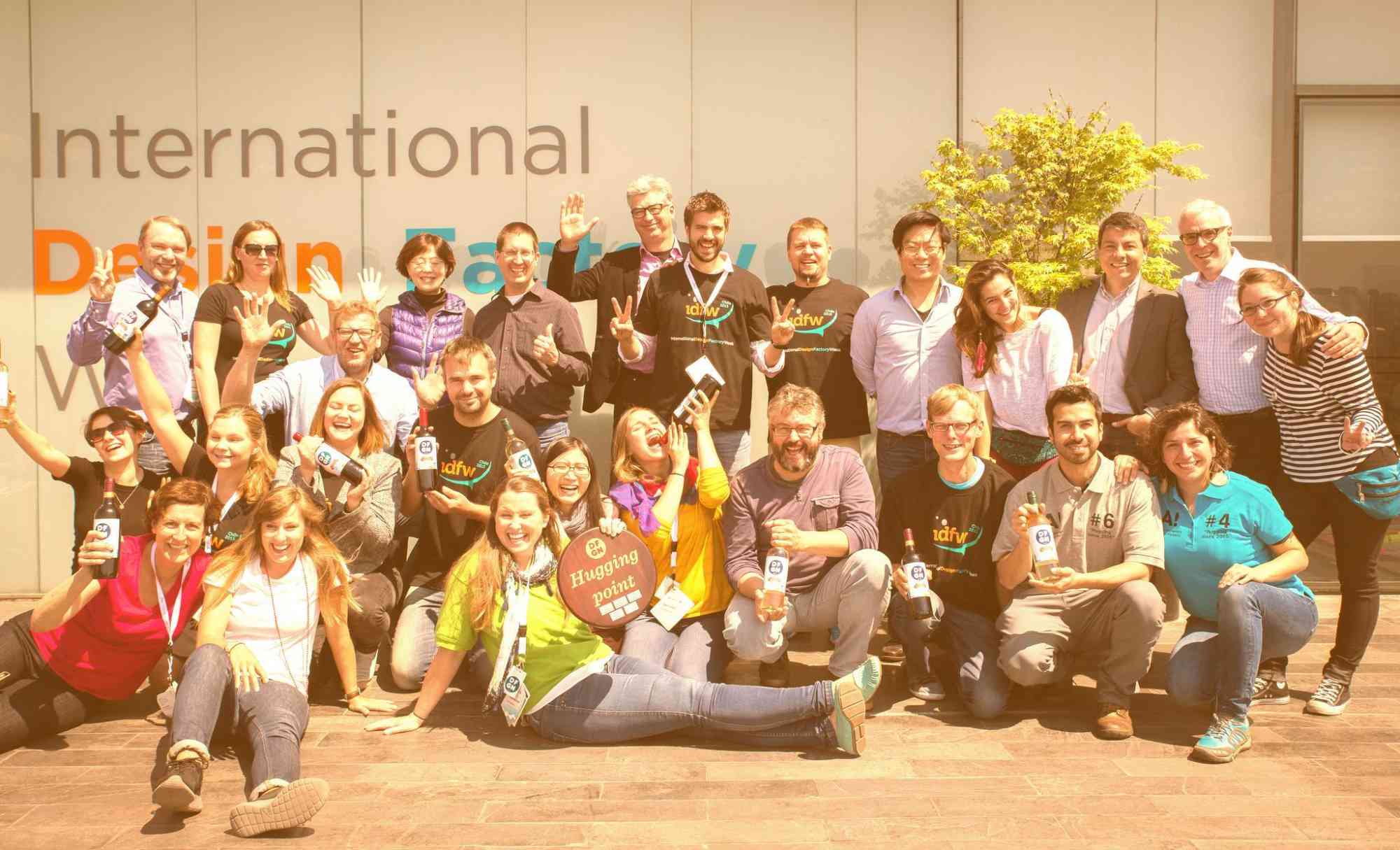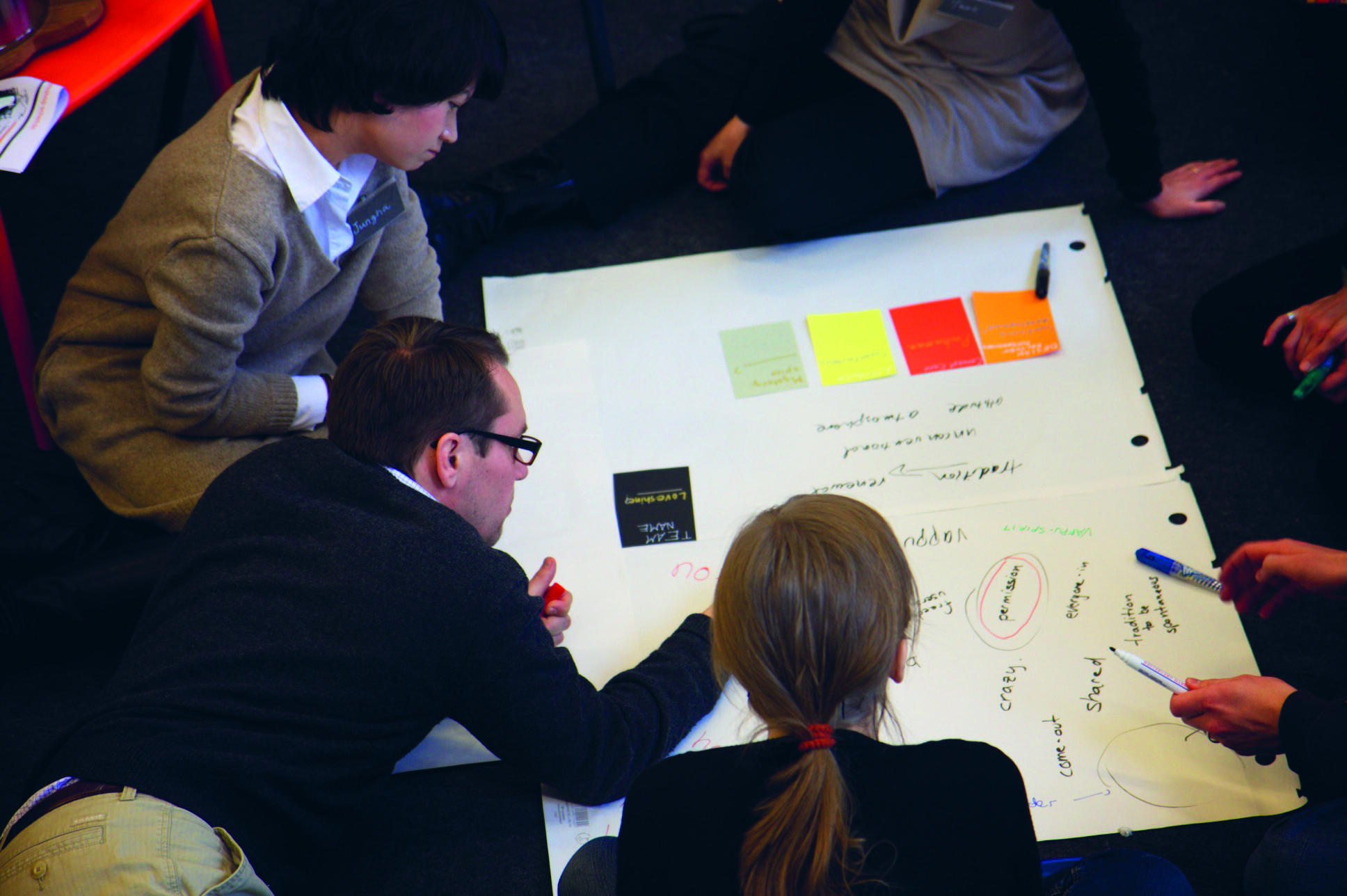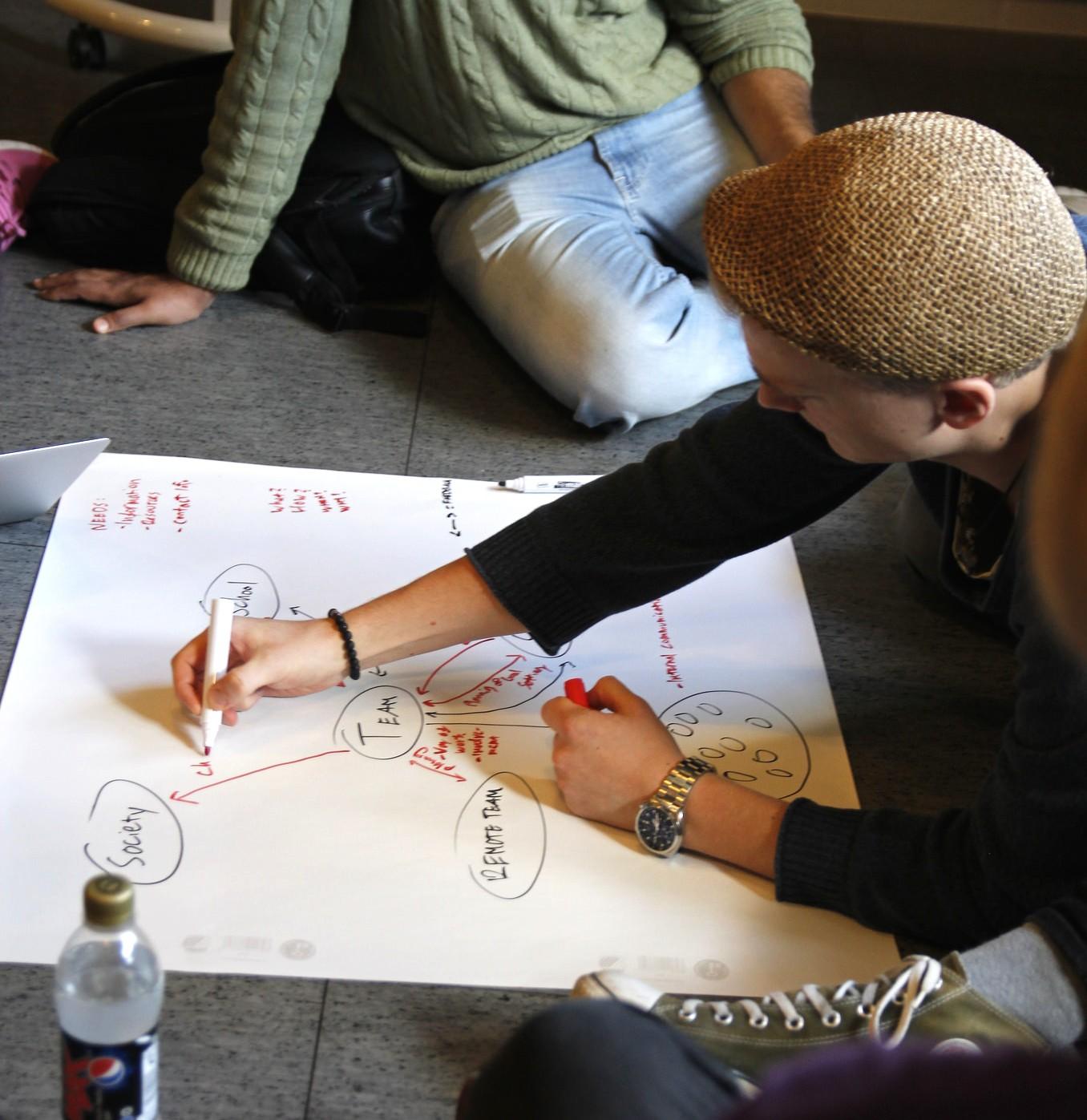Looking to shake up your course? Take a look at the tools offered in Design Factory!
Full postDesign Factory insights
All of our blog posts
Design Factory Teacher Resources
Marcela Acosta 09/03/2016Alongside the pedagogical development services currently offered at Design Factory through courses, we sometimes get special request for pedagogical development workshops. Recently ADF was happy to welcome a group of Korean high school teachers looking to improve their pedagogical skills in an environment fostering entrepreneurship.
The workshop, in which the teachers reflected on what good teaching is, and what are some entrepreneurial skills, was based on the work by Tua Björklund, Elina Kähkönen and Maria Clavert.
Full post
Researchers’ breakfast 8.3.
Tua Björklund 01/03/2016Come celebrate Women’s Day, share breakfast and listen to what our power ladies have been up to studying teaching development! ADF’s Maria Clavert will talk about pedagogical change agency, and prof. Katrina Nordström and Anni Laakkonen will tell about their course pilot and learning goal assessment.
Full postWhat’s up at the Aquarium
Tua Björklund 15/02/2016With some new additions to the “regulars” here at the researchers’ Aquarium on the 2nd floor, we’d like to update who’s doing what. Read on, and do come talk to us when you see us in the building!
Full postWhat works: Research-based handy tips and tricks for the curious professor – Part 9
Marcela Acosta 09/02/2016Series part 9: Facilitated feedback sessions
Facilitated feedback sessions throughout a course doing group work is a great tool to reduce assumptions, resolve problems, and promote communication. Satu Rekonen, from Design Factory developed the “I like/I wish” method for facilitating a feedback session in a safe and comfortable environment. Visit http://ilikeiwish.org/ for more information on how to run it in your classroom, and make sure to click on the video for students’ testimonials on the experience. For questions, please contact maria.clavert@aalto.fi, tua.bjorklund@aalto.fi, or senni.kirjavainen@aalto.fi.
Full postWhat is Aalto Design Factory about? What do people do here? Our most important asset is the people in DF, the community. In the #InsideDF blogpost series we familiarize you with the people who frequently come to DF.
In the first blogpost we have Jonas Eklöf, one of the Project Managers in the Product development Project course in Design Factory.
Creativity can be taught, says Katja Hölttä-Otto, Professor of Product Development
Katariina Helin 29/01/2016“According to the studies, if the education provided is product development-oriented and product design-oriented, students are more creative when they graduate than they were when they began their studies”, says Associate Professor of Product Development Katja Hölttä-Otto from the Department of Mechanical Engineering.
Full postWhat works: Research-based handy tips and tricks for the curious professor – Part 8
Marcela Acosta 28/01/2016Learning to work in multicultural groups and increasing one’s intercultural competence is an important working life skill in the global market. As an international learning center, studying at Aalto University creates many opportunities to learn this skill.
Full postWhat works: Research-based handy tips and tricks for the curious professor – Part 7
Marcela Acosta 06/01/2016If you start your university studies this autumn, there is enough time for the available digital information to multiply during your studies. According to studies, the new information is too much. As new data replaces older so quickly, data content therefore no longer creates a solid basis for a work career. Cramming has become pointless. For work life, university students need far-reaching skills. Changes in the amount and use of information also requires changes in learning skills, but universities’ teaching methods are changing very slowly. In Aalto Design Factory, our studies consistently show that the development of skills instead of knowledge is now more important. Information is left unused without the right skills.
Full postWhat works: Research-based handy tips and tricks for the curious professor – Part 6
Marcela Acosta 16/12/2015Series part 6: Prototyping, failing, and learning
An integral part of Project-Based Learning is prototype-making. Making prototypes are a useful learning tool that provides a common language for students with different academic and cultural backgrounds, and allows the creation process to advance faster by providing a physical object that clarifies the students’ abstract ideas, and makes it easier to explain and communicate to others.
Full post Aalto DF
Aalto DF